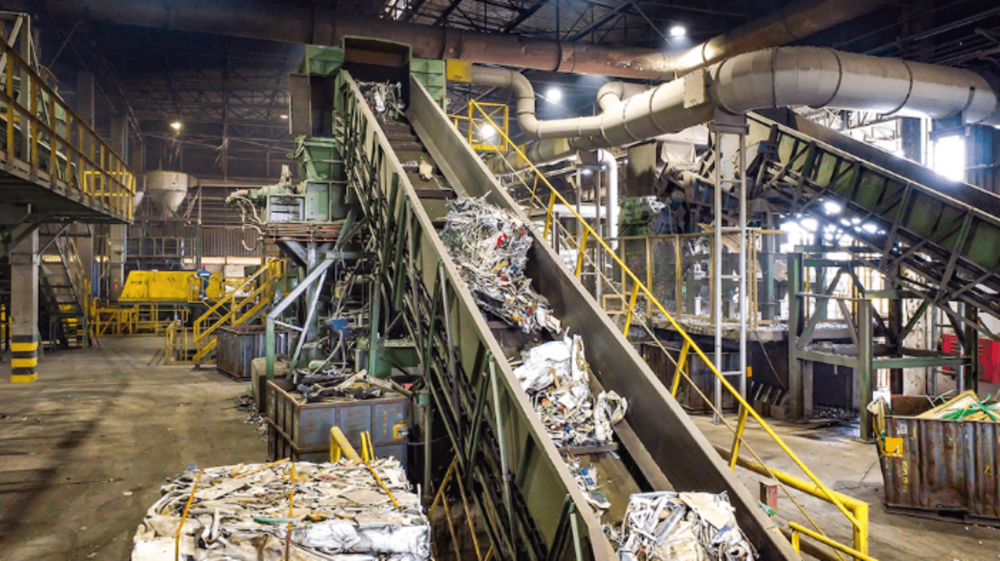您想继续阅读英文文章还
是切换到中文?
是切换到中文?

THINK ALUMINIUM THINK AL CIRCLE

A proposed aluminium recycling plant in Benson, USA, has stirred deep concerns among local residents, who fear the facility might lead to environmental harm, noise pollution, and water overuse — if not immediately, then in the long run. While the anxieties are understandable, especially given the plant’s location near residential areas, experts suggest these concerns might be rooted more in misinformation than in facts.

Image source: IndiaMART
The plant, led by Aluminum Dynamics, aims to recycle used beverage cans, which is symbolically an initiative to benefit the environment.“Aluminium is 100 percent recyclable. It’s infinitely recyclable, and we want to take advantage of that and keep these cans out of our landfills,” said Glenn Pushis, President of Aluminum Dynamics, in a statement addressing public fears.
And the numbers speak for themselves. Producing one tonne of primary aluminium emits up to 16 tonnes of carbon dioxide. In contrast, aluminium made from pre-consumer scrap releases only 0.5 tonnes of CO2 equivalent, and from post-consumer scrap, about 0.6 tonnes. That’s a 95 per cent reduction in energy usage and significantly fewer emissions.
Water use is another worry, but the facts again point to a smaller impact. According to the US Geological Survey, making a pound of primary aluminium consumes between 1.24 and 36.33 gallons of water, largely due to high heat processes in smelters and cooling systems. Recycling plants, which skip these intensive stages, consume far less.
…and so much more!
SIGN UP / LOGINResponses








